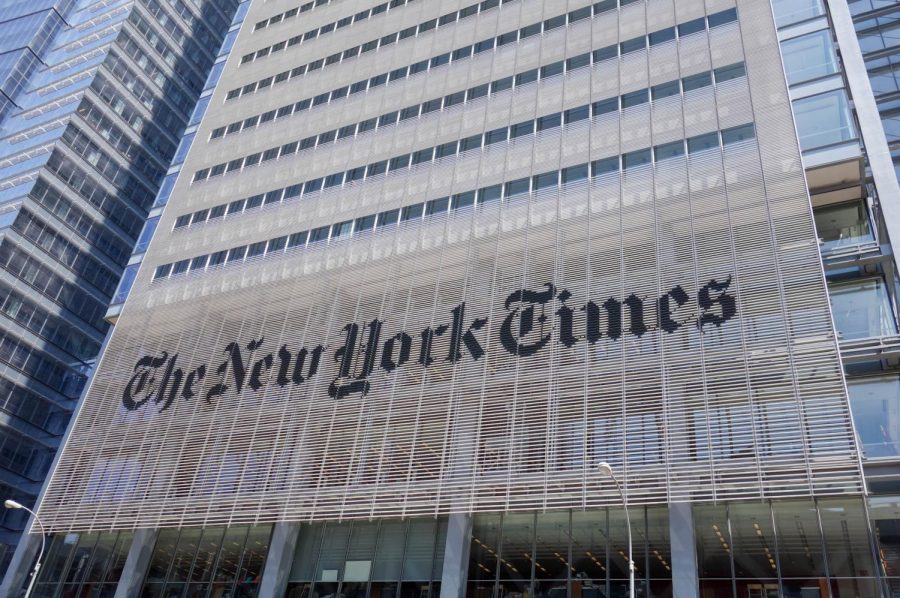The very fabric of our society, the way we maneuver and interact in it is being compromised. News outlets are more important than ever before, especially when the only way to neutralize this threat is to make individual changes that will collectively combat COVID-19.
The current political climate and how it breeds distrust of the broader media is hindering the ability of Americans to properly educate themselves about COVID-19.
I want to emphasize that this perceived lack of trust of information does wholly not have to do with the work that news organizations are doing. Major news outlets such as the New York Times and MarketWatch have done a great job reporting vital, timely and accurate information to their audiences. Additionally, regional publications catered to specific cities, such as the Seattle Times and Milwaukee Journal-Sentinel, have done exceptional jobs at providing pertinent information.
The issue, as I see it, regarding the distrust if information in a time like this is largely audience-based. According to a September 2019 Knight Foundation and Gallup poll, the trust that Americans have for the media is continuing to decline.
According to the Gallup poll, an alarming 69% of U.S. adults in the survey said their trust in the news media has decreased in the past decade. The rhetoric employed by President Donald Trump made this topic a partisan one. More than nine in 10 Republicans say they personally have lost trust in the news media in recent years.
This is an overarching problem for the journalism industry as new organizations are not only reeling to find ways to be nonpartisan but also finding ways to prove it. They cannot do their jobs without trust, and whether one wants to admit it or not, journalism serves an essential function in the foundational values of democracy, the ability for the public to voice its opinion, that can be found in each and every one of the factions in America.
COVID-19 has tested the American public’s trust of the media. In times like these, when the importance of information is inestimable, people are questioning the accuracy and urgency that stories convey. This is again hindering people from being as safe as possible.
News organizations can minimize and prevent misinformation, but they cannot prevent readers, listeners, and viewers from manipulating, misinterpreting or distrusting the information they release. Additionally, they cannot do anything to combat a reader who has already decided that news from a certain publication, based on various preconceived notions, is void. I don’t think community members distrust news organizations, I think they distrust themselves and their ability to find information, or organizations, that they trust or want frankly want to accept information from. While this is a valid feeling in a day and age when there is always an influx in information and people providing it, it does not justify a lack of effort to find the truth.
However, creating an ingenuine argument that is predicated upon speculation of the media simply as an excuse to justify a personal lack of initiative in regards to seeking the truth, is not fair. This is the reality of our situation as a society, and to normalize it is to extract one of the major pediments of our democratic society.
My challenge to you as a reader is, to be honest with your pursuit of information. I believe that if one truly wants to acquire truth through journalism, they will find it. Now more than ever, that pursuit must not be hollow. Our society is being threatened by COVID-19, but simultaneously it is being threatened by a combination of all of our most potent anxieties.
While it can be said that news organizations can do more to lead us in the direction of accurate news, I feel a good amount of the burden is still left to the reader. If we do not make sincere attempts to acquire information and heed the warnings from a multitude of doctors, scientists and experts, then our complacency may be our undoing.
This story was written by Beck Andrew Salgado. He can be reached at beck.salgado@marquette.edu.




